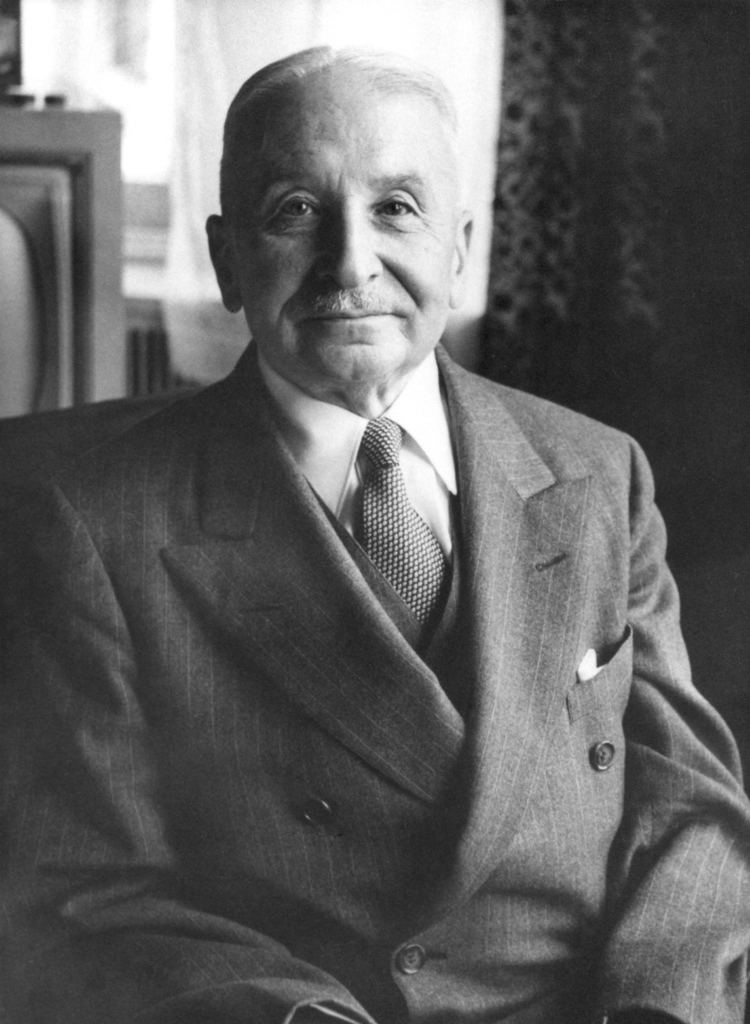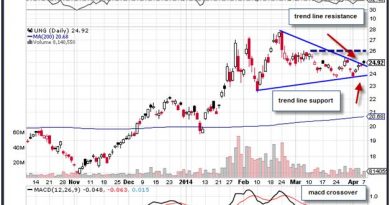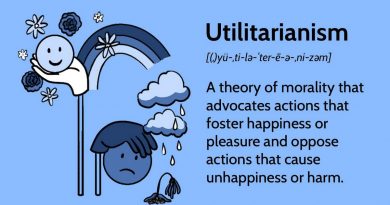Ludwig Von Mises Early Life Economic Views Theories

Ludwig Von Mises, an influential Austrian economist, advocated for free-market capitalism and opposed socialism and interventionism. He taught at the University of Vienna and New York University, and his most renowned work, "Human Action," was published in 1940. Von Mises died in 1973.
*Ludwig von Mises wrote "The Theory of Money and Credit" in 1912. He argued that government intervention in the economy could never replicate the results of a free-market society. The Ludwig von Mises Institute is dedicated to studying praxeology, the relationship between human behavior and economics.
Ludwig von Mises was born in 1881 in Galicia, Austria-Hungary. He was raised by Jewish parents who were part of the Austro-Hungarian nobility and was fluent in German, Polish, French, and Latin. In 1906, he obtained a Juris Doctorate in law and economics from the University of Vienna.
During World War I, Von Mises served as a front officer and an economist for the War Department of Austria. As an economist, he staunchly advocated for laissez-faire and opposed government intervention in the economy. He followed the teachings of Carl Menger, the founder of the Austrian School of Economics, who believed in the "subjective theory of value" – the idea that people will exchange something they value less for something they value more. To escape the influence of the National Socialists, Von Mises became a professor at the Graduate Institute of International Studies in Geneva, Switzerland.
In 1940, with a grant from the Rockefeller Foundation, Von Mises arrived in the U.S. and became a visiting professor at New York University until his retirement in 1969.
Von Mises’s first book, "The Theory of Money and Credit," was published in 1912. It became a standard money and banking textbook for two decades and integrated microeconomics and macroeconomics. The book explained the origin of money in the market, its use as a means of bartering, and its value as a commodity. Von Mises also proposed the regression theorem, which states that the value of money today depends on the value of money in the past.
During the Keynesian revolution in American economic thinking from the mid-1930s to the 1960s, Von Mises’ ideas lost popularity.
Von Mises developed the Austrian Business Cycle Theory based on his monetary theory. He observed that government inflationary expansion encourages investment but leads to unsustainable projects that must be liquidated. This liquidation process causes temporary increases in unemployment and resources. Interventions by central banks could induce hyperinflation and a crack-up boom.
Von Mises argued against centrally planned economies, which lack functioning price systems, as they result in chaos and the consumption of a society’s wealth and capital over time.
Praxeology is the distinctive methodology of the Austrian School, and Von Mises framed economics through this lens in his book, "Human Action."
Von Mises criticized English economist John Maynard Keynes and his book "The End of Laissez Faire," which opposed liberalism, capitalism, and free private ownership of production.
In conclusion, Ludwig Von Mises believed that a free-market economy, using the laws of supply and demand, is the most effective way to produce and distribute goods and services desired by society.



